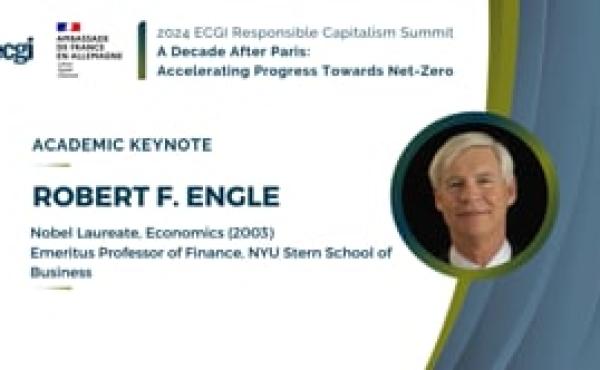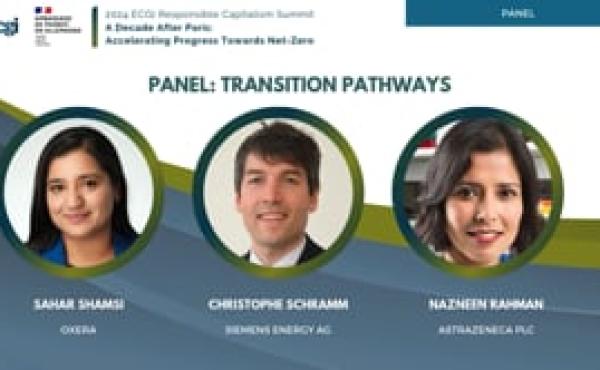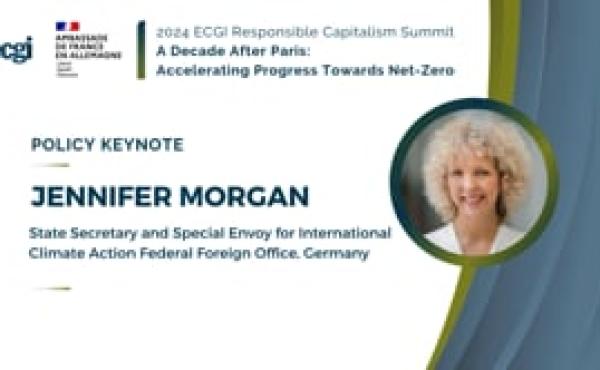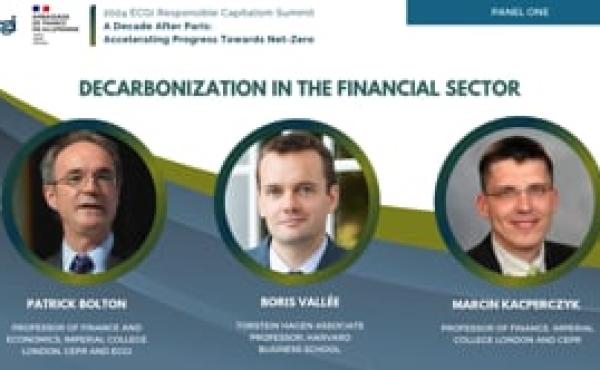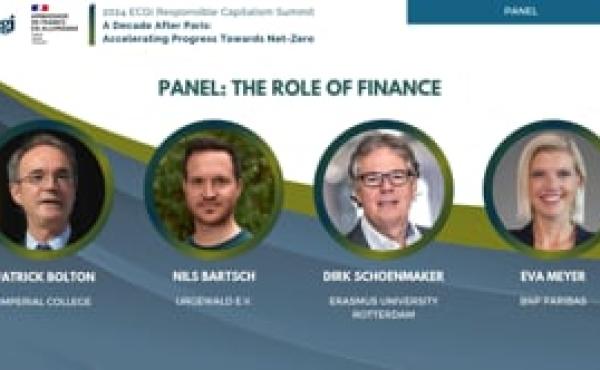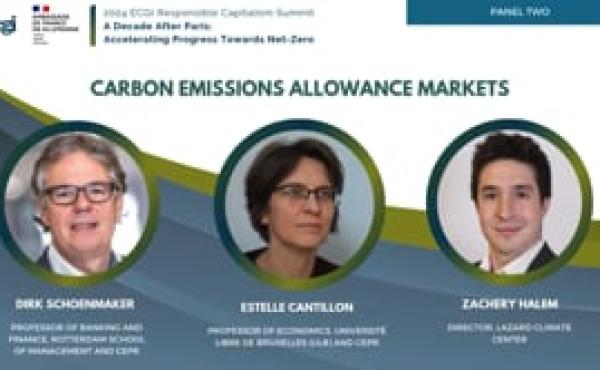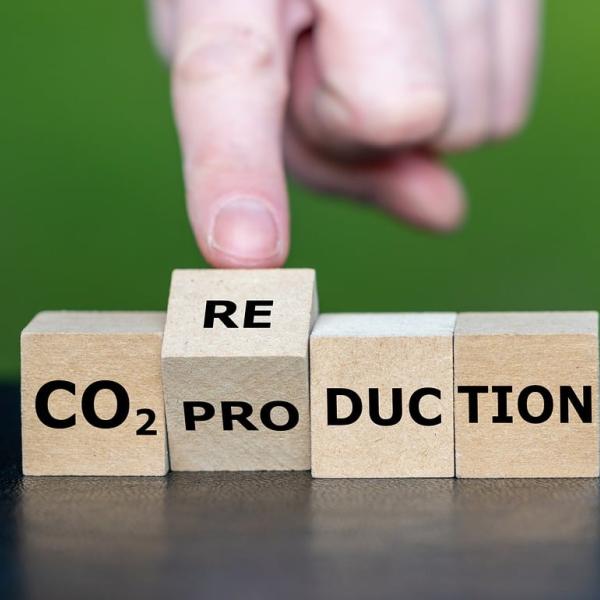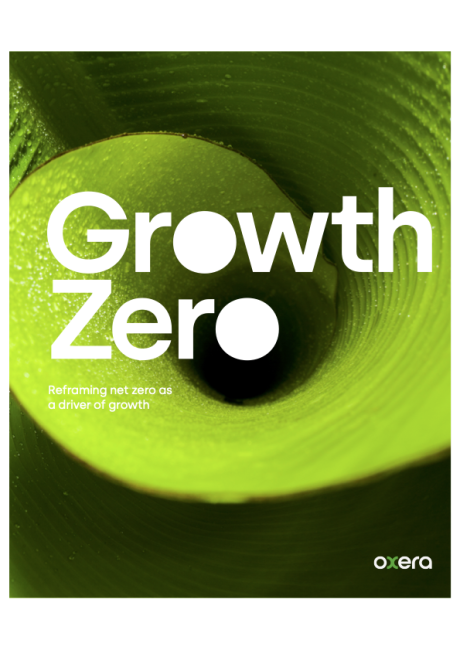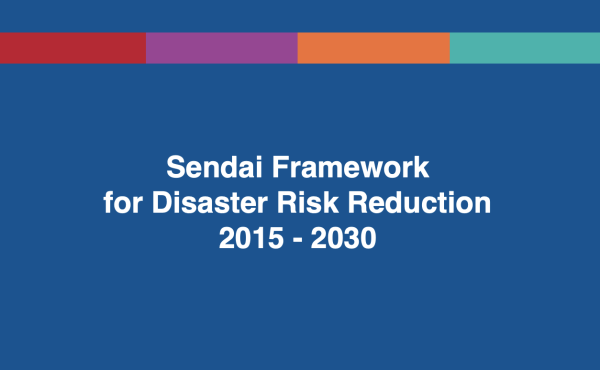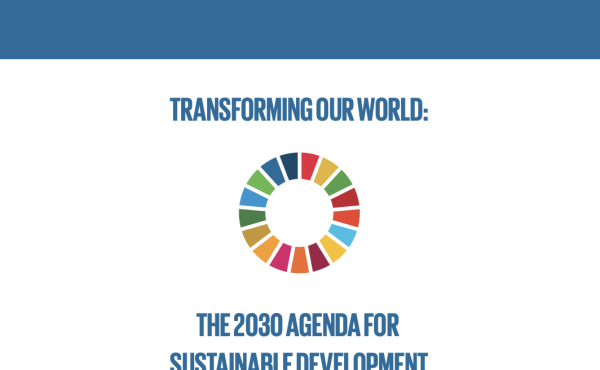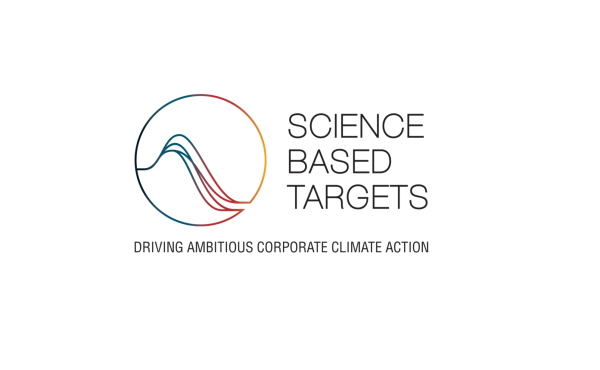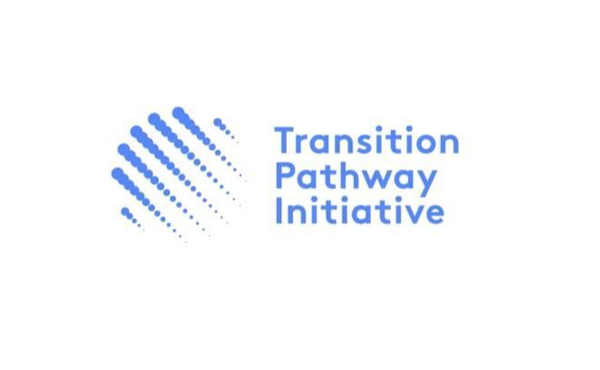A Decade After Paris
The 2024 ECGI Responsible Capitalism Summit marks a pivotal moment as we approach a decade since the historic Paris Agreement.

To limit global warming to 1.5°C, greenhouse gas emissions must peak before 2025 at the latest and decline 43% by 2030.
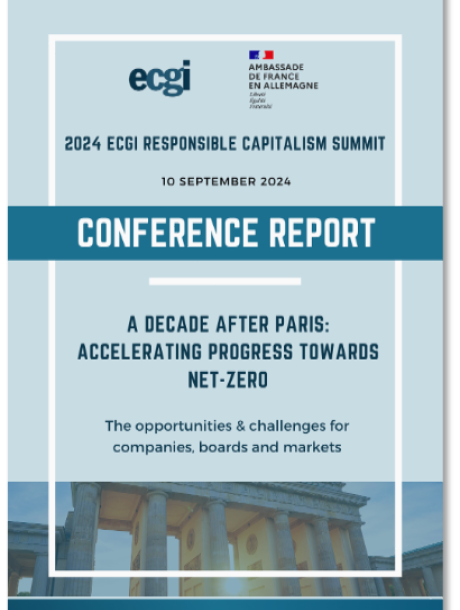
Conference Report
A Decade After Paris:
Accelerating Progress Towards Net-Zero
The opportunities & challenges for companies, boards and markets
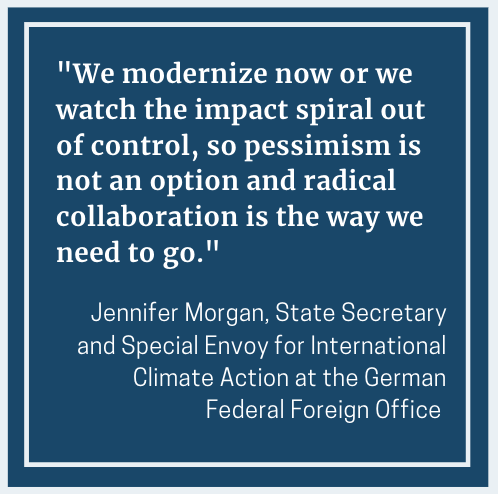
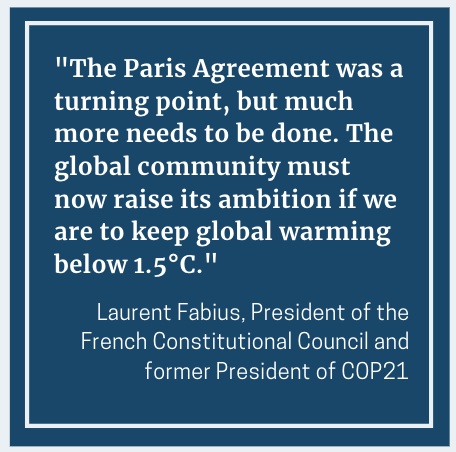
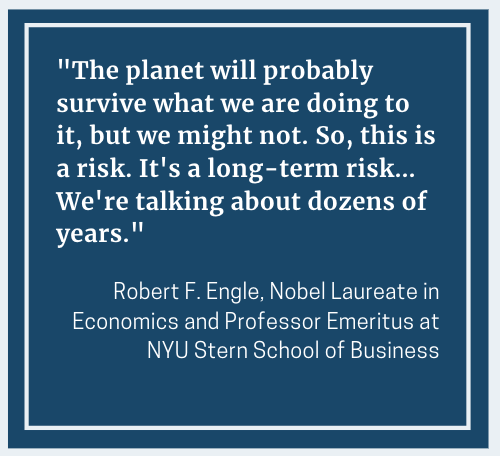
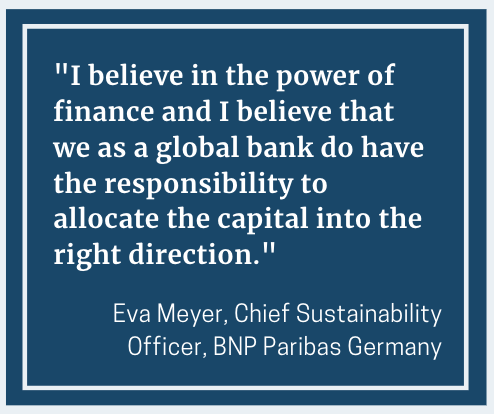
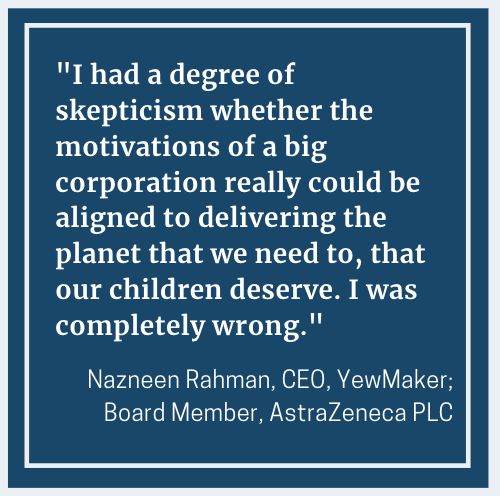
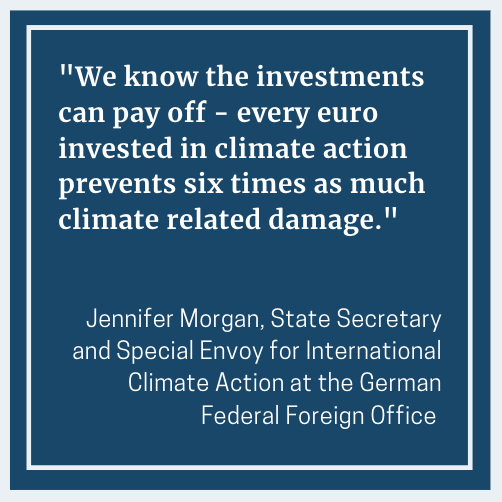
Berlin, 10 September 2024
The 2024 Responsible Capitalism Summit:
A Decade After Paris:
Accelerating Progress Towards Net-Zero
The opportunities & challenges for companies, boards and markets
hosted by
The French Embassy in Berlin
A growing fraction of companies globally have made commitments to reduce their carbon emissions by a certain date. While the companies that make commitments subsequently reduce their emissions, the effect on overall emissions of companies (including those that do not commit) has been small; the companies that commit, and those that make the most ambitious commitments, tend to have lower emissions; firm commitments are less prevalent in countries where governments have made national commitments. Overall, the commitment movements have been successful in drawing the willing but have found greater resistance from the companies that most need to reduce their emissions.
~ Patrick Bolton and Marcin Kacperczyk (2023)
Reading
The Oxera report "Growth Zero" challenges the conventional view that achieving net zero emissions by 2050 is an economic burden. Instead, it presents a compelling case for net zero as a driver of substantial economic growth, outlining key pathways and policy levers that could unlock trillions in GDP gains across the EU and UK.
- GDP Impact:
- The study estimates a potential GDP boost of €6.1 trillion in the EU and £765 billion in the UK by achieving net zero through aggressive regulatory measures.
- Timeline to Net Zero:
- Under various scenarios, the EU and UK could reach net zero between 2044 and 2047, depending on the policy levers implemented.
- Private Sector Innovation:
- Scaling up the deployment of green technologies driven by the private sector could result in trillions of additional GDP growth and potentially achieve net zero by 2044 in the UK and 2047 in the EU.
- Carbon Pricing:
- A significant increase in the price of carbon could lead to €5.3 trillion in GDP growth for the EU and £555 billion for the UK, while reaching net zero slightly later, by 2046 in the UK and 2048 in the EU.
- Investment in Green Infrastructure:
- Government investment in green infrastructure, alongside corporate investments in transition technologies, is a crucial driver of economic growth, contributing to the GDP figures mentioned above.
In preparation for the 2024 ECGI Responsible Capitalism Summit on 10 September 2024, this page highlights some of the milestones worth noting and a selection of relevant studies.
Pre-Paris Agreement Developments
- 1972: United Nations Conference on the Human Environment in Stockholm laid groundwork for international environmental cooperation.
- 1988: Establishment of the Intergovernmental Panel on Climate Change (IPCC) by the United Nations Environment Programme (UNEP) and the World Meteorological Organization (WMO).
- 1992: Adoption of the United Nations Framework Convention on Climate Change (UNFCCC) at the Rio Earth Summit.
- 1997: Adoption of the Kyoto Protocol, committing developed countries to greenhouse gas emissions reductions.
- 2009: Copenhagen Climate Conference fails to produce a legally binding treaty, but it establishes a goal of limiting global warming to 2°C above pre-industrial levels.
- 2010: Cancún Agreements reaffirm commitment to UNFCCC principles.
-
2011-2014: Continued international negotiations with mixed progress.
Early corporate environmental initiatives focused on pollution reduction and resource efficiency but did not typically include explicit net zero carbon goals.
2015
2030 Agenda for Sustainable Development
September 2015
COP 21 - Paris
November 2015
- 2016 April: Signing ceremony for the Paris Agreement in New York.
- 2016 November: Entry into force of the Paris Agreement, less than a year after its adoption, following ratification by enough countries representing over 55% of global emissions.
- 2017 June: U.S. President Donald Trump announces intention to withdraw from the Paris Agreement, though formal withdrawal would take several years.
- 2018 September: Global Climate Action Summit in San Francisco sees various corporations announcing carbon neutrality commitments.
- 2018 October: IPCC releases special report on the impacts of global warming of 1.5°C above pre-industrial levels.
- 2019 January: Microsoft announces its commitment to become carbon negative by 2030.
- 2019 June: Amazon pledges to reach net zero carbon emissions by 2040, becoming the first major company to make such a commitment under the "Climate Pledge." The company also pledged to power its operations with 100% renewable energy by 2030 and to invest $2 billion in the Climate Pledge Fund to support companies developing sustainable technologies and services.
- 2019 September: UN Climate Action Summit held in New York, urging countries to enhance their commitments to the Paris Agreement.
- 2019 December: The United Nations Framework Convention on Climate Change (UNFCCC) hosts the Climate Action Summit, where several corporations commit to ambitious climate goals, including achieving net zero emissions.
- 2020 January: BlackRock, the world's largest asset manager, announces plans to put sustainability at the center of its investment approach and demands companies to disclose climate-related risks.
- 2020 February: BP announces its ambition to become a net zero company by 2050.
- 2020 July: European Union agrees to a €750 billion COVID-19 recovery plan with a significant portion allocated to green initiatives.
- 2020 September: The Race to Zero campaign is launched by the UNFCCC, aiming to mobilize businesses, cities, regions, and investors towards achieving net zero emissions by 2050.
- 2020 November: The Glasgow Financial Alliance for Net Zero (GFANZ) is launched, bringing together financial institutions committed to aligning their portfolios with net zero emissions by 2050.
- 2021 January: The Task Force on Climate-related Financial Disclosures (TCFD) gains momentum as more companies commit to reporting climate-related financial information.
- 2021 April: The U.S. announces its nationally determined contribution (NDC) under the Paris Agreement, with a commitment to reduce emissions by 50-52% below 2005 levels by 2030.
- 2021 November: COP26 held in Glasgow, where countries are urged to enhance their Nationally Determined Contributions (NDCs) to align with the 1.5°C goal.
- At COP26, numerous corporations join the Race to Zero campaign, and various industries make pledges to achieve net zero emissions by 2050 or earlier.
- 2022 January: Despite challenges, the Paris Agreement continues to guide international climate efforts, with various countries updating their NDCs and committing to carbon neutrality targets.
-
2022 May: Apple announces plans to be carbon neutral across its entire supply chain and product life cycle by 2030.
Throughout the year: Many corporations continue to announce net zero targets and strategies, with a growing focus on implementing concrete actions to achieve these goals.
The Science Based Targets initiative (SBTi)
The Science Based Targets initiative (SBTi) has played a significant role in advancing the net zero movement by providing a framework and guidance for companies to set science-based emissions reduction targets. It helps companies set emissions reduction targets that are aligned with climate science and the goals of the Paris Agreement, particularly the aim to limit global warming to well below 2°C above pre-industrial levels and pursue efforts to limit it to 1.5°C. These targets encompass both Scope 1, 2, and sometimes Scope 3 emissions.
Transition Pathway Initiative (TPI)
The Transition Pathway Initiative (TPI) at the LSE assesses companies' preparedness for the transition to a low-carbon economy and their alignment with various climate scenarios, including a pathway consistent with the goals of the Paris Agreement. It provides investors with research and analysis to help them better understand how companies are managing climate risks and opportunities and to inform their investment decisions.
Programme Papers
Challenges
Scope 3 Emissions
Addressing Scope 3 emissions, which often account for a significant portion of companies' carbon footprint, remains a challenge. Companies need to work with their supply chains and value chains to reduce emissions upstream and downstream.
Ambition and Implementation Gap
While many companies have set ambitious climate targets, there is often a gap between setting targets and implementing concrete actions to achieve them. Companies need to translate their commitments into meaningful actions and investments to drive emissions reductions.
Transparency and Reporting
Transparency and disclosure of climate-related information vary widely among companies. Some companies provide comprehensive disclosure of their emissions data, climate risks, and mitigation strategies, while others lag behind. Improving transparency and reporting standards can enhance accountability and facilitate benchmarking and comparison.
Policy and Regulatory Uncertainty
Policy and regulatory uncertainty in some regions can hinder corporate investment in low-carbon technologies and solutions. Clear and consistent regulatory frameworks are needed to provide certainty for companies and investors and encourage long-term investments in sustainable practices.
Just Transition and Equity
Achieving a just transition to a low-carbon economy requires addressing social and equity considerations, including the impact on workers, communities, and vulnerable populations. Companies need to consider the social dimensions of climate action and ensure that their transition plans are inclusive and equitable.
Related ECGI Research

Support this project
The ECGI Responsible Capitalism project is funded by ECGI membership fees, sponsorships and donations. We welcome opportunities to develop new activities such as events, reports and research with your support. Please contact us by email if you are able to support our initiative on Responsible Capitalism.

